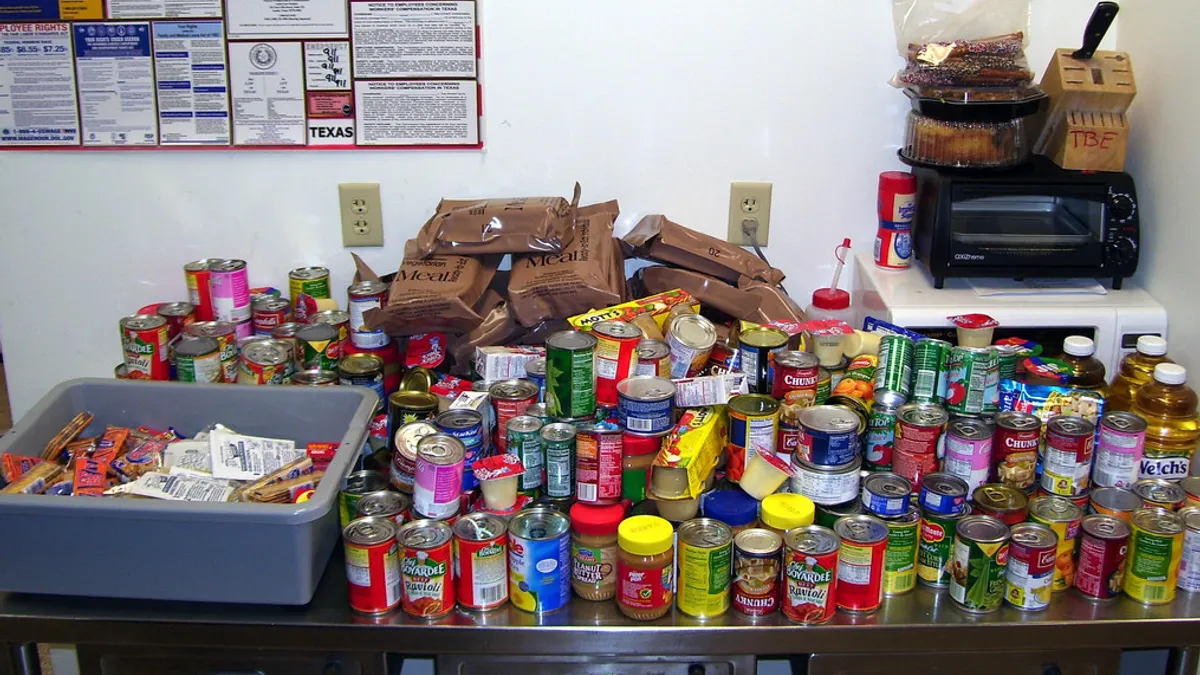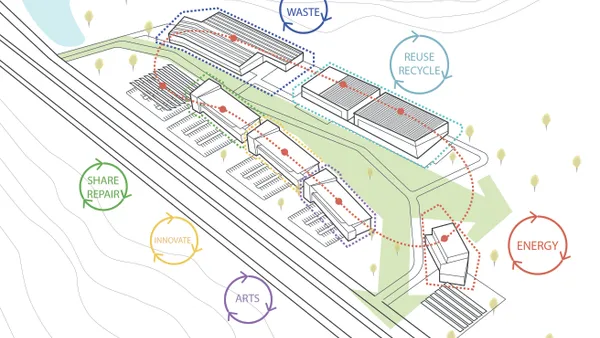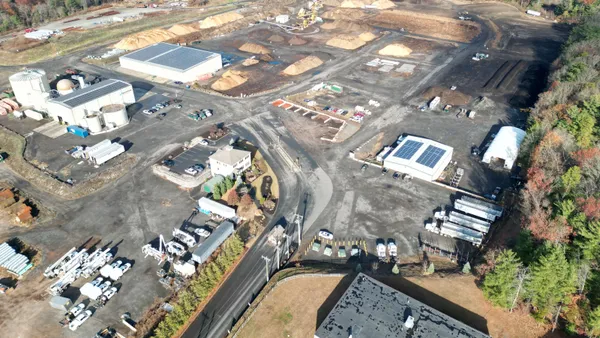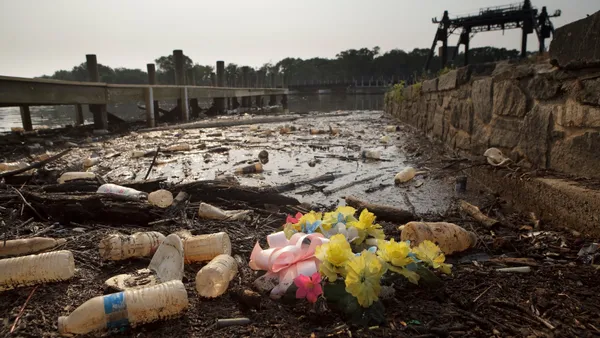Dive Brief:
- Rep. Marcia Fudge (D-OH) has introduced the Food Donation Act of 2017 in Congress with the goal of updating language in the Bill Emerson Good Samaritan Food Donation Act of 1996 that many say limits opportunities for food recovery. Liability protection would be given to stores that sell donated food at a reduced price and commercial generators that wish to donate food directly to people who need it.
- The bill would also change current labeling requirements that don't pertain to safety and protect the donation of past-date foods. Current requirements mean that food can be rejected for reasons such as not specifying the net weight or having passed the manufacturer's "use by" date.
- Another key change is that the authority over promoting and regulating the Emerson Act would be given to the U.S. Department of Agriculture (USDA). The agency would be required to issue updated regulations, in consultation with the Department of Health and Human Services, within 180 days of the law's enactment.
Dive Insight:
Updating language in the Emerson Act has been a top priority for groups such as the Harvard Food Law and Policy Clinic (HFLPC) and Natural Resources Defense Council. Despite the law's protection, many commercial food establishments are still concerned about the liability of donating certain types of food and this has created more waste in the process. This bill mirrors recommendations from the HFLPC and is also supported by Rep. Chellie Pingree (D-ME), who has advocated for her own legislation to reduce food waste in the past.
ReFED has estimated that donor liability education and standardized donation regulations would help get hundreds of millions of meals to people who could use them. This is part of a larger movement to divert organic waste that has been buoyed by the 2030 federal goal and led to a number of recent initiatives such as the online resource hub, Further With Food. Recent guidance from the USDA on date labeling terminology is also seen as helpful for the cause though federal legislation will still be needed to inspire widespread change.
While all of this can seem removed from the waste industry's daily operations, it could eventually affect what customers put out on the curb. As more cities consider curbside organics collection, and states pursue diversion options, haulers are often expected to help make this happen. Yet the economics of this can be tough. Recovery remains the preferred option above processing on the organic waste hierarchy and at least one new set of franchise contracts requires haulers to assist in the process. Right now many generators feel it's easier to not donate that food, even in states with landfill bans, and this bill could help change that.















